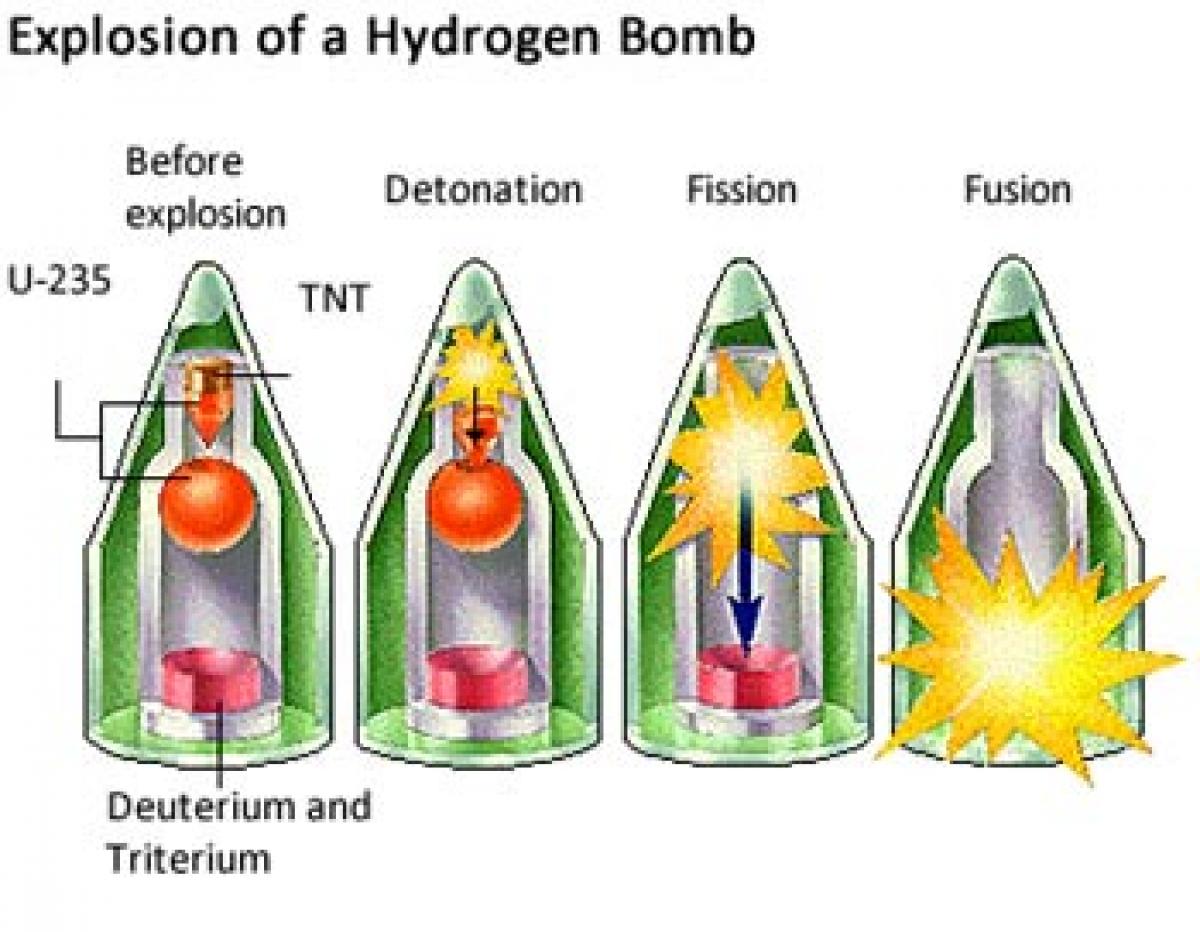Live
- Second phase randomization of EVMs is complete
- BJP confusing Matua voters though CAA notification: Mamata Banerjee
- IPL 2024: LSG might have to play the rest of the event without Mayank Yadav, says coach Justin Langer
- Two killed after colliding with a parked lorry
- PCB identifies the April 7- May 20 window for PSL 2025; to clash with IPL’s next season
- Viksit Bharat Ambassador event: Sri Sri Ravi Shankar heaps praise on PM Modi for Kashi facelift
- Women’s Hockey League: Haryana, Madhya Pradesh win on Day 5
- Indian Americans caution US university on demand to display 'flag of Kashmir'
- YS Sharmila worried over 'mental state' of brother Jagan
- PM Modi prays at Kanpur gurdwara along with CM Yogi









